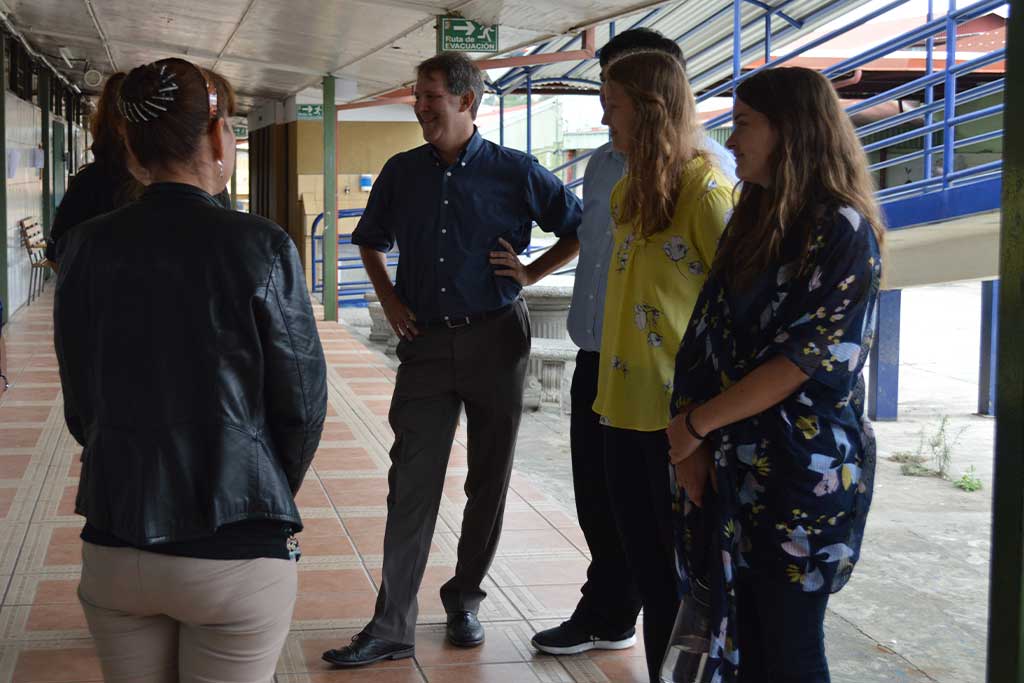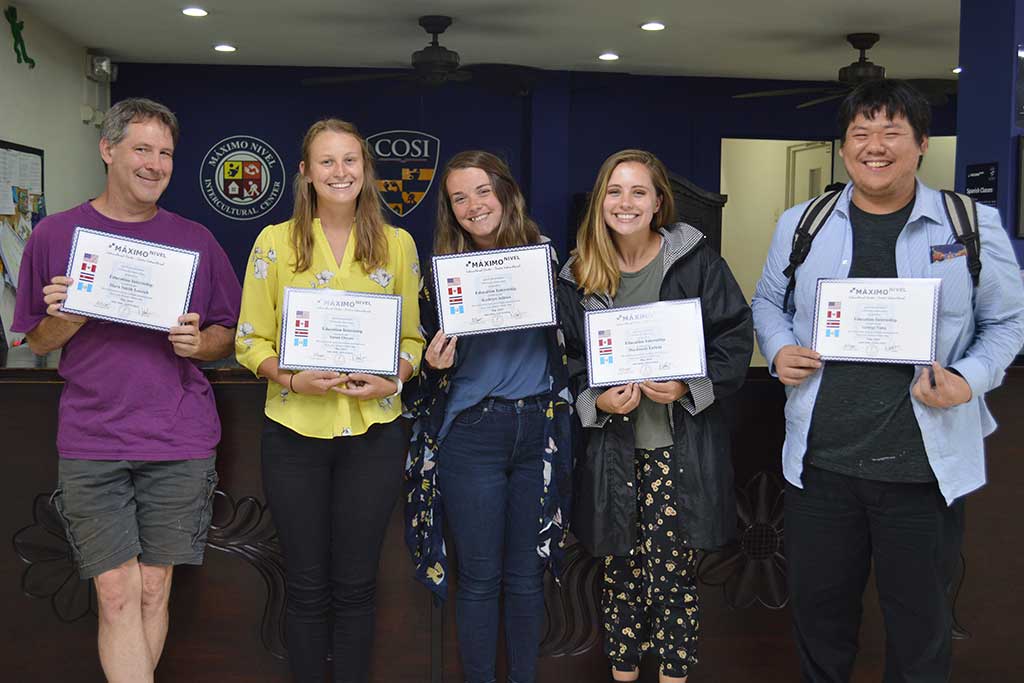Education thrives on diversity. In the classroom, students, and teachers from all walks of life come together to learn from and alongside each other. The entire field of education constantly navigates varied learning needs, values, and social and cultural backgrounds. So, as teachers, shouldn’t we widen our scope of experience as much as possible?
I am about to embark on what I hope is a long career in education. But before locking myself into a school district, I really wanted to learn from an entirely new environment. By teaching in another country, I would not only gain more instructional experience; I would encounter different perspectives and challenges.
I was interested in strengthening my transferable skills, and not just for the resume line. I figured that an international internship would teach me what a textbook never could. How to adapt to new situations. How to read and respond to different types of learners. How to communicate effectively across cultures. And, in the end, how to expect the unexpected.

While searching for internship opportunities abroad, I stumbled upon Máximo Nivel. I was especially drawn to their teaching placements in Costa Rica. Because Máximo partners with private and public bilingual schools, I was able to work in a foreign setting while still being able to teach in my native tongue. The language barrier didn’t prevent me from lesson planning or learning in a cross-cultural context.
By entering a new scholastic world, I did a lot of learning off the page. After years of lesson planning and observations, I was grateful for the hands-on experience. I interned for two months at a private international school overlooking San Jose, Costa Rica. Though high-level Spanish classes were available to the students, the primary language of instruction was English.
The uniquely international student body and instructional staff created a blend of local and global perspective. And the curriculum was not only cosmopolitan, but academically rigorous as well. Graduates from the program receive diplomas that are accredited by both Costa Rica and the United States. The high school seniors I worked with had their eyes set on universities across the globe.
Working alongside the faculty also gave me valuable insight into teaching in real time. I am so grateful for the practical classroom management, lesson planning and instructional experience I gained before fulfilling my student teaching requirement in the states. I got to learn from Costa Ricans, Colombians, Venezuelans, and Canadians, in addition to other Americans—all while working with a globally-recognized curriculum.

Being exposed to the international baccalaureate program was very valuable. I would love to work at an IB school in the future, whether in the U.S. or overseas. The humanities classes I assisted in were small, which allowed instruction to be very personalized. Students were encouraged to think for themselves as long as they could provide ample evidence to support their ideas. I enjoyed watching them plow through Brave New World and Death of a Salesman.
I even got to be a part of designing and delivering activities, such as a Socratic seminar and group analyses of modern-day advertisements and media. By facilitating student-centered discussions, I got a glimpse of the students’ kaleidoscope of perspectives. It was especially interesting to hear students who weren’t as culturally familiar with the concept of the “American Dream” comment on the themes addressed in Arthur Miller’s work.
But just as I wanted to facilitate a connection between my university studies and the real world, I was happy to see that the students had many opportunities to take their learning outside of the conventional classroom. I learned as much from observing the school culture as I did from collaborating in the classroom. The staff did an excellent job of providing and promoting extracurricular activities on campus.
From podcasting to 3-D design and printing, students had countless resources at their fingertips. School clubs and programs promoted skills that will prove valuable in today’s economy. Electronics and technology were given particular emphasis. However, this does not mean that the arts were not represented.
The school community both acknowledged and fostered the interconnected nature of academic disciplines. STEAM (science, technology, engineering, art, math) learning initiatives encouraged the integration of creative thinking into scientific and mathematical fields. In addition, many of the students I met were involved in the school’s strong visual and performing arts program.

However, my takeaway from the internship was not what this particular school had to offer, but how what I had seen could contribute to my future in the field. At the end of my time in Costa Rica, I wrote a paper evaluating my experience. Through this reflection, I came to realize that I don’t think any internship or course could entirely prepare me for teaching. I will have to learn on my feet when I finally have a classroom of my own.
But interning in another country broadened my perspective on the role that education plays in our lives. In an increasingly globalized world, learning is not only interdisciplinary, but also inherently international. Everything we learn is interconnected, and everyone we meet influences the way we think. So, no matter where in the world I find myself, I know that everything this experience taught me will shape the way I teach, and each new environment will continue to shape me.
